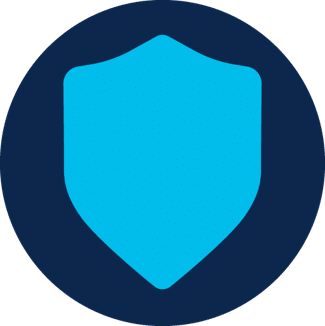
Because more businesses have embraced hybrid and remote work, an SASE approach to cybersecurity has risen in popularity and implementation. To better secure network endpoints that are on the move, DNS security provides a strong layer of protection for employees that access the internet and the business network. Domain Name System (DNS) security helps filter out unwanted and dangerous content as users access the internet before it ever has a chance make a connection with the user’s device. To help improve your security posture, we want to go over three features of DNS security that you want to look out for when improving your cloud-based IT environment.
Intelligence Oriented Security

Just like with other business grade security services, a strong DNS security tool for your remote workers will be supported by cutting edge research into today’s threat landscape. To maximize its usefulness, a DNS security tool must know and identify the malicious domains, URLs, and assets used in cyberattacks, so all the best services keep up with the innovations made by hackers to keep your endpoints safe from emerging threats. Having a tool that keeps up with the latest tricks implemented by malicious actors means your business becomes significantly less likely to be caught off guard and unprepared.
Stopping Threats Early

With a security tool working at the DNS layer for your employees’ endpoint traffic, malicious URLs can be blocked, and requests made to malware, ransomware, and other immediate threats can be stopped before they gain access to a user’s device. A strong DNS security tool will also help to monitor the internet traffic going through an endpoint device, so your IT team can quickly access needed information to see what went wrong if a problem does arise. DNS security connects easily with other cloud-based security tools like firewalls and endpoint protection to improve your network’s security and threat response.
DNS Security Improves Response Times

One final feature you should expect in your DNS security tool is the connectivity needed for an overall improvement in threat response times. Because this tool will easily connect with other security services in the cloud and log important internet traffic accessed by a user’s device, your IT staff will be able to bring this data together along with contextual information to have a clear understanding of what has happened when your network is in danger. If a threat is stopped on the DNS level, then you should quickly be provided all the details upfront so that your IT staff can keep your network secure.
Summary
It is clear that remote work is here to stay, and businesses have begun shifting their security strategies to keep their network information secure. However, malicious actors are taking advantage of the increase in remote work anyway they can. If more users in your business access the company network through the internet, then a strong DNS security tool is an absolute must for your business’ safety, but you want to make sure you’re equipped with an agile, responsive, and easy to use tool. If you need help figuring out the right security tools for your IT environment, then our team is ready and waiting to hear from you today!




